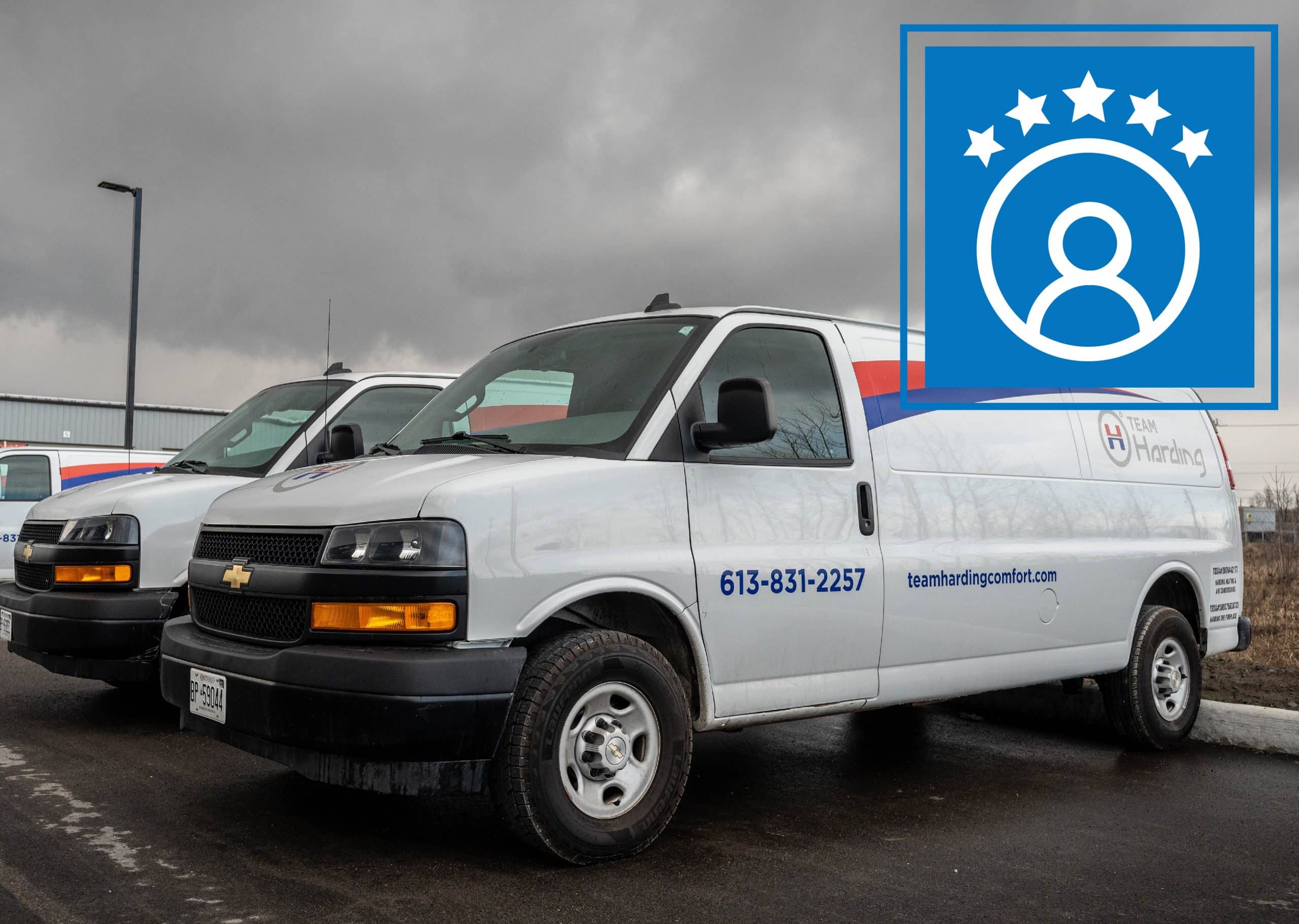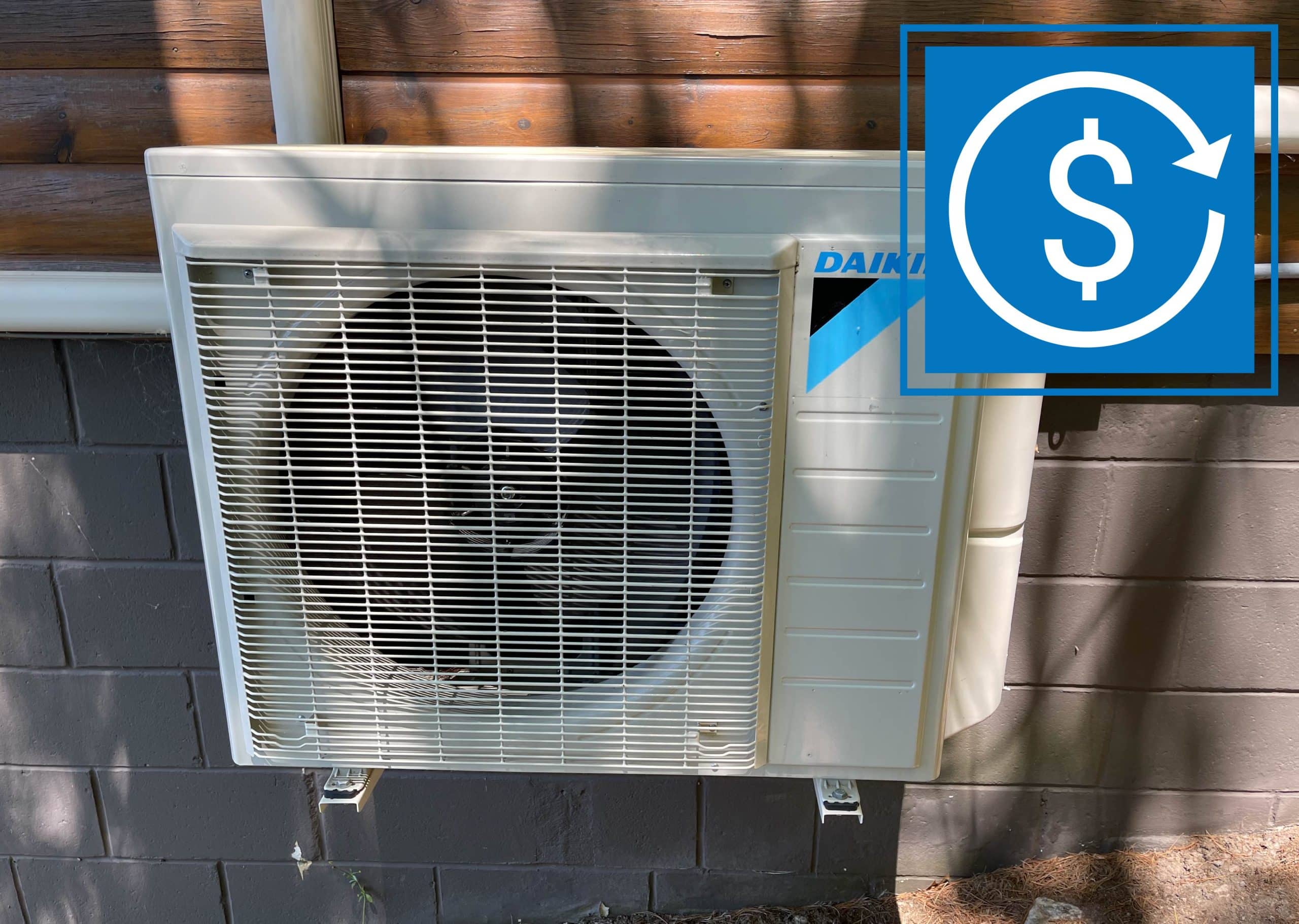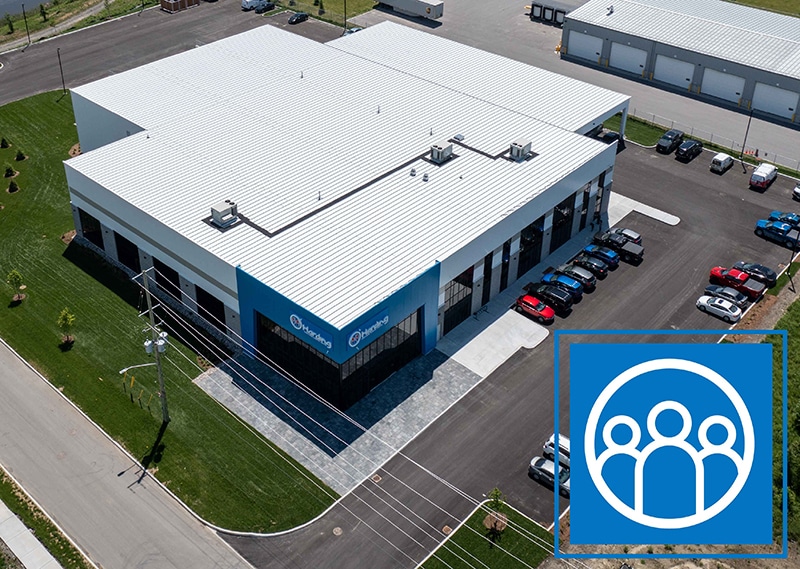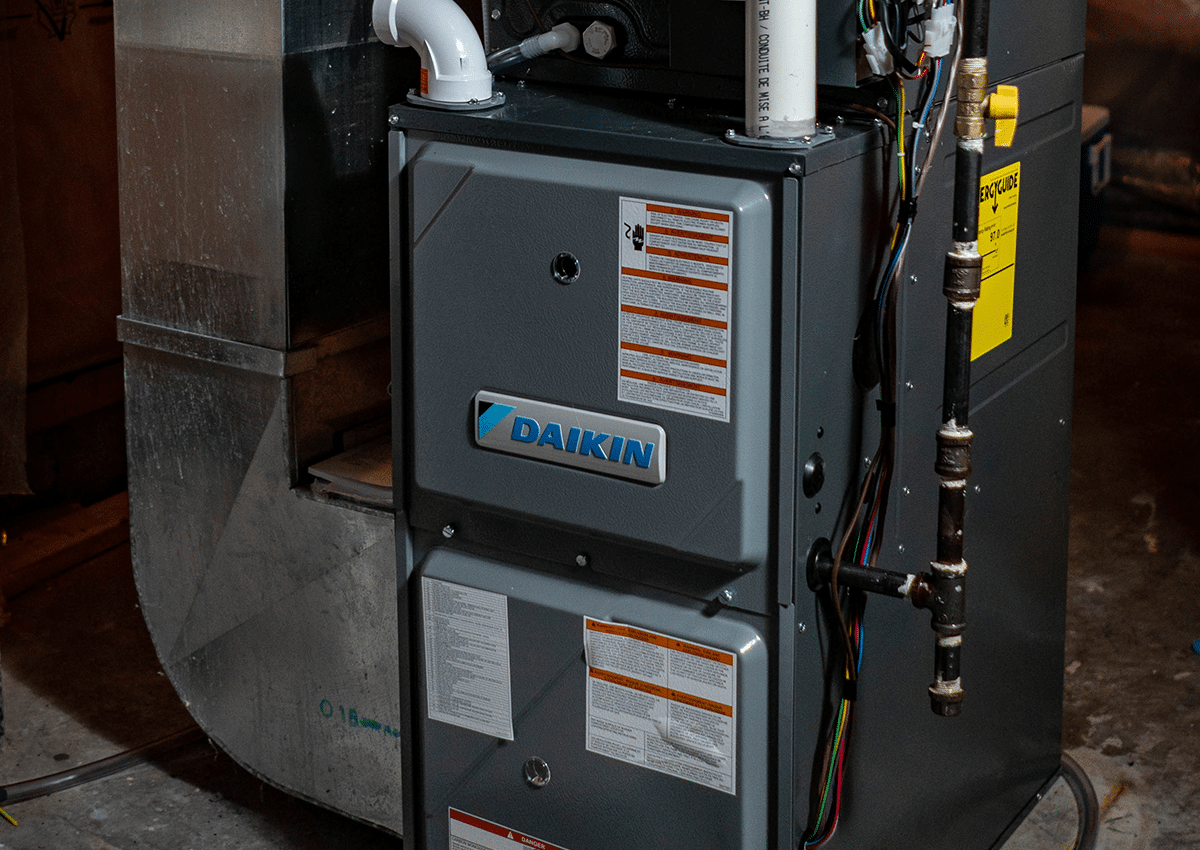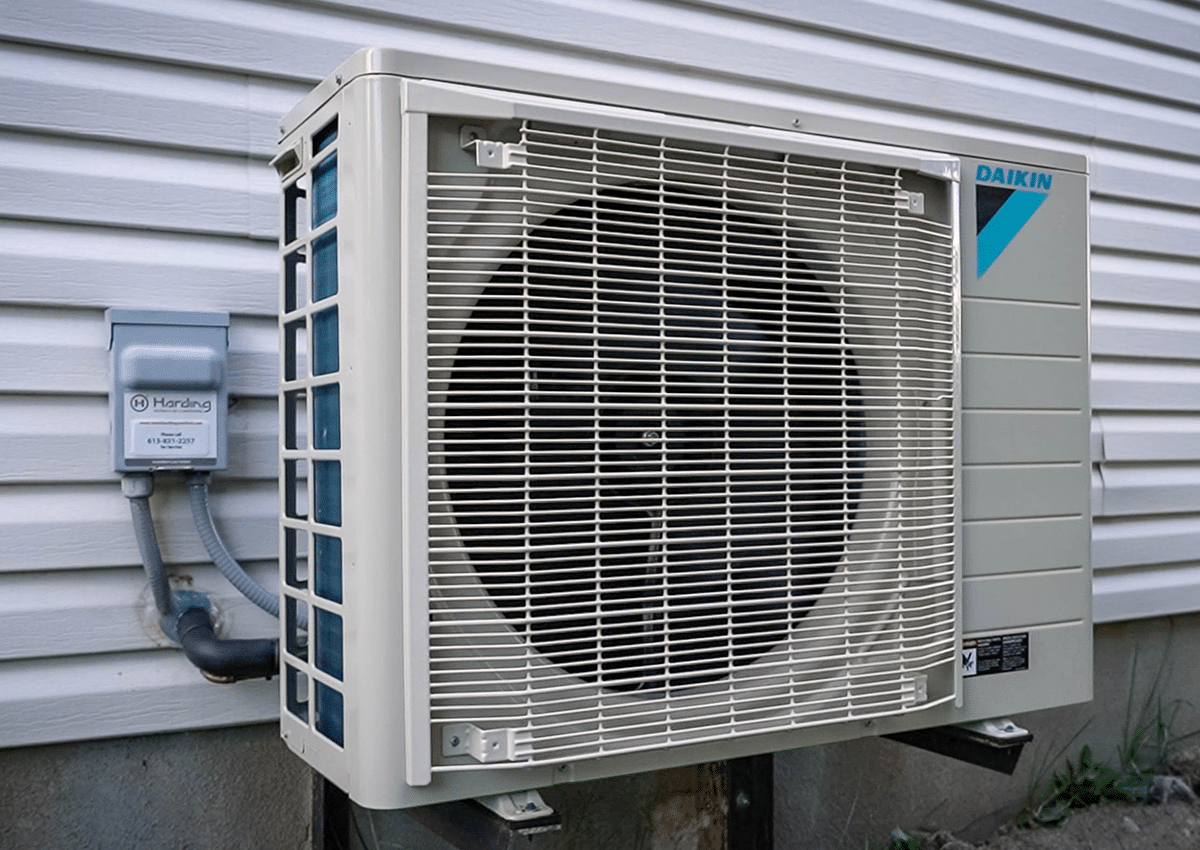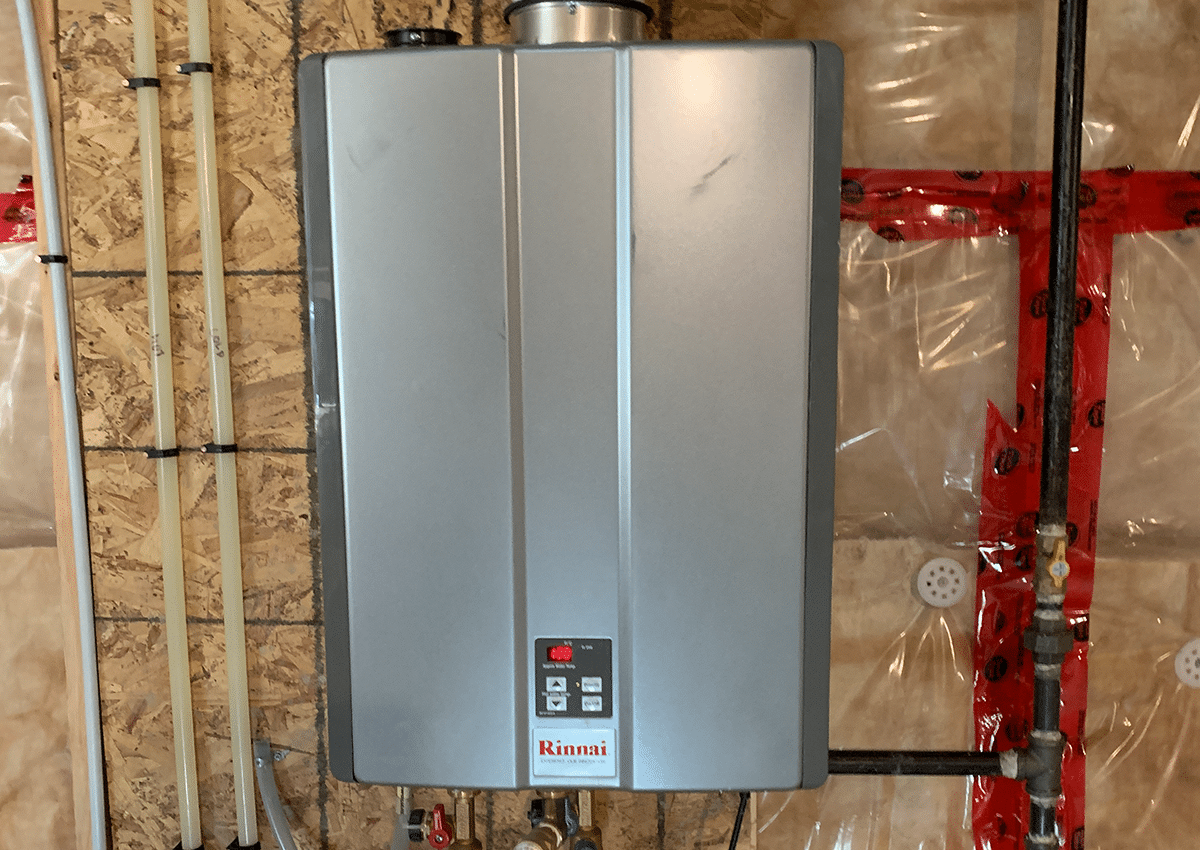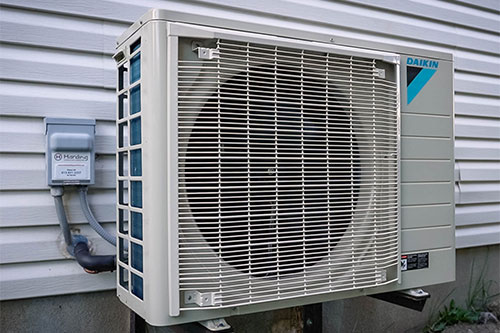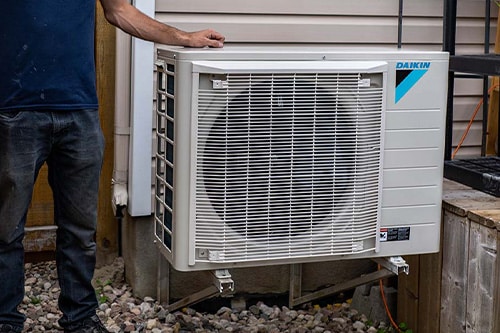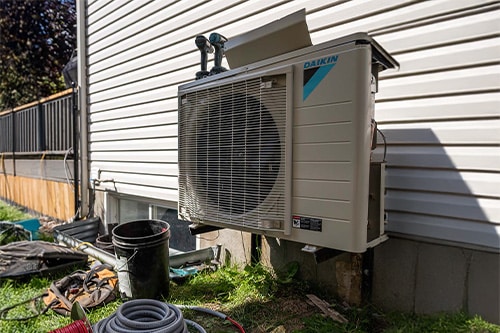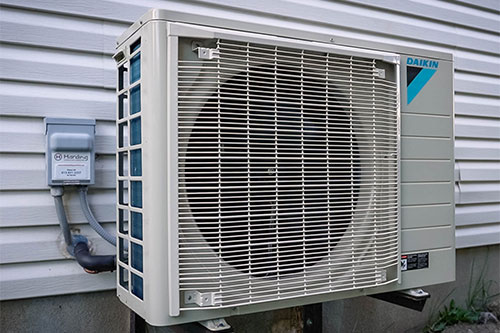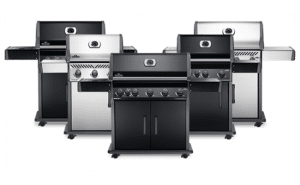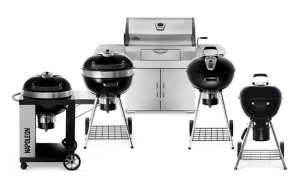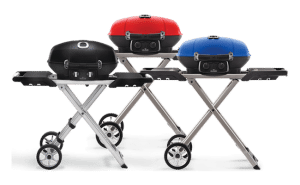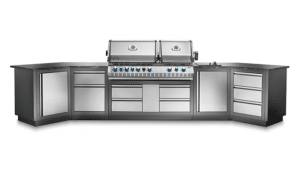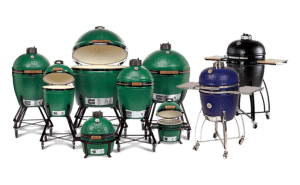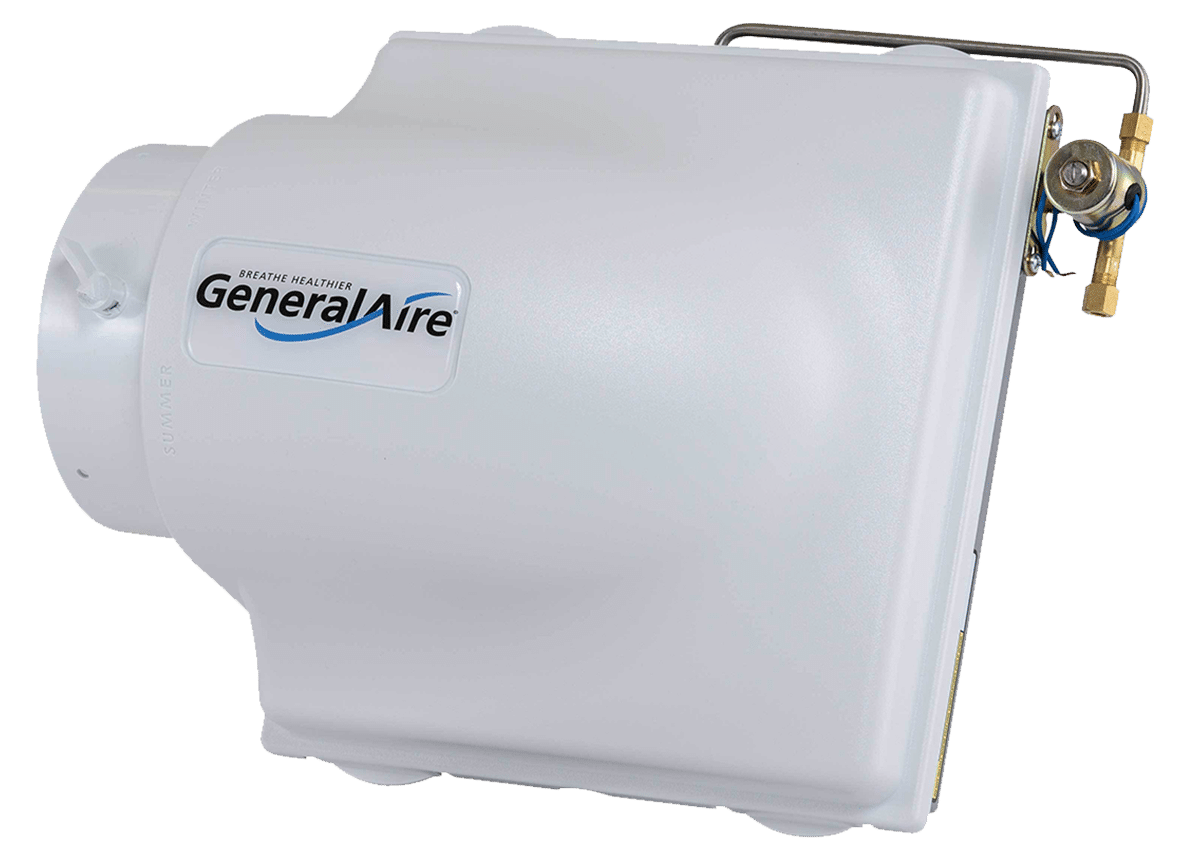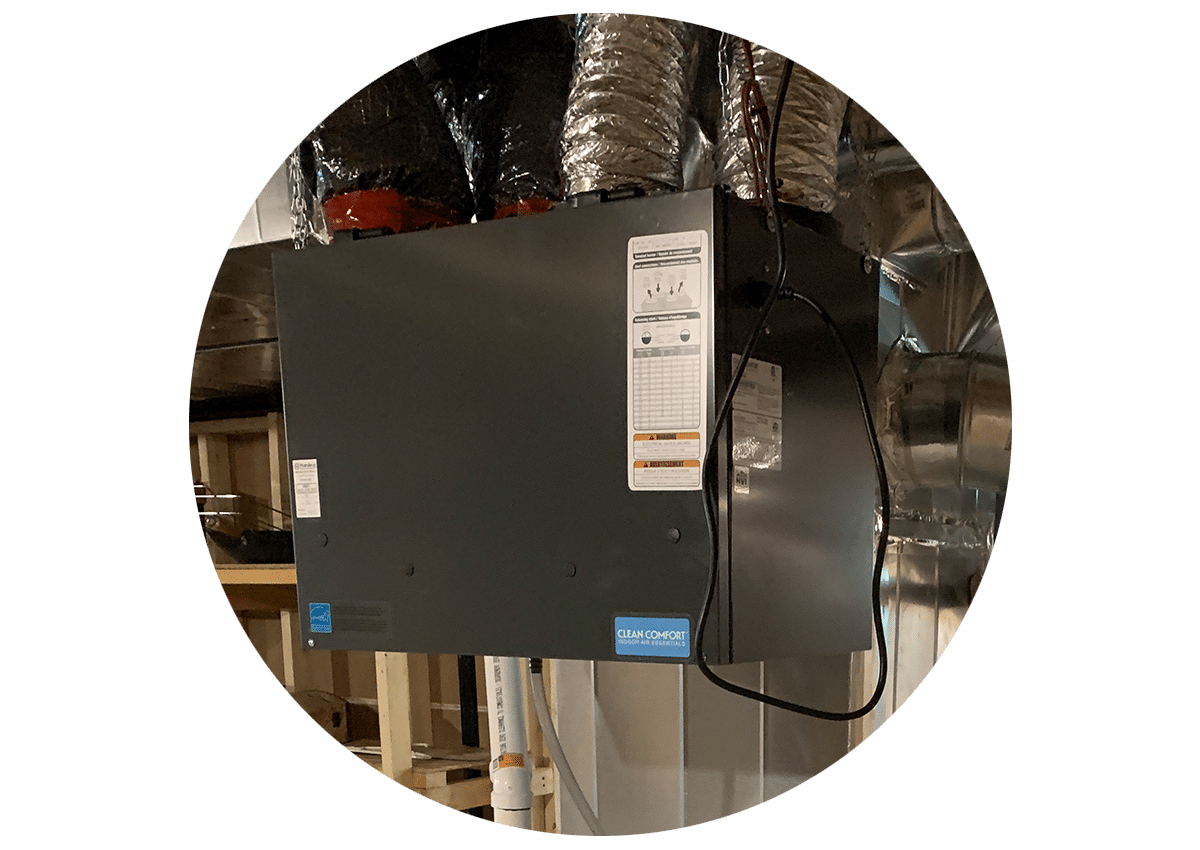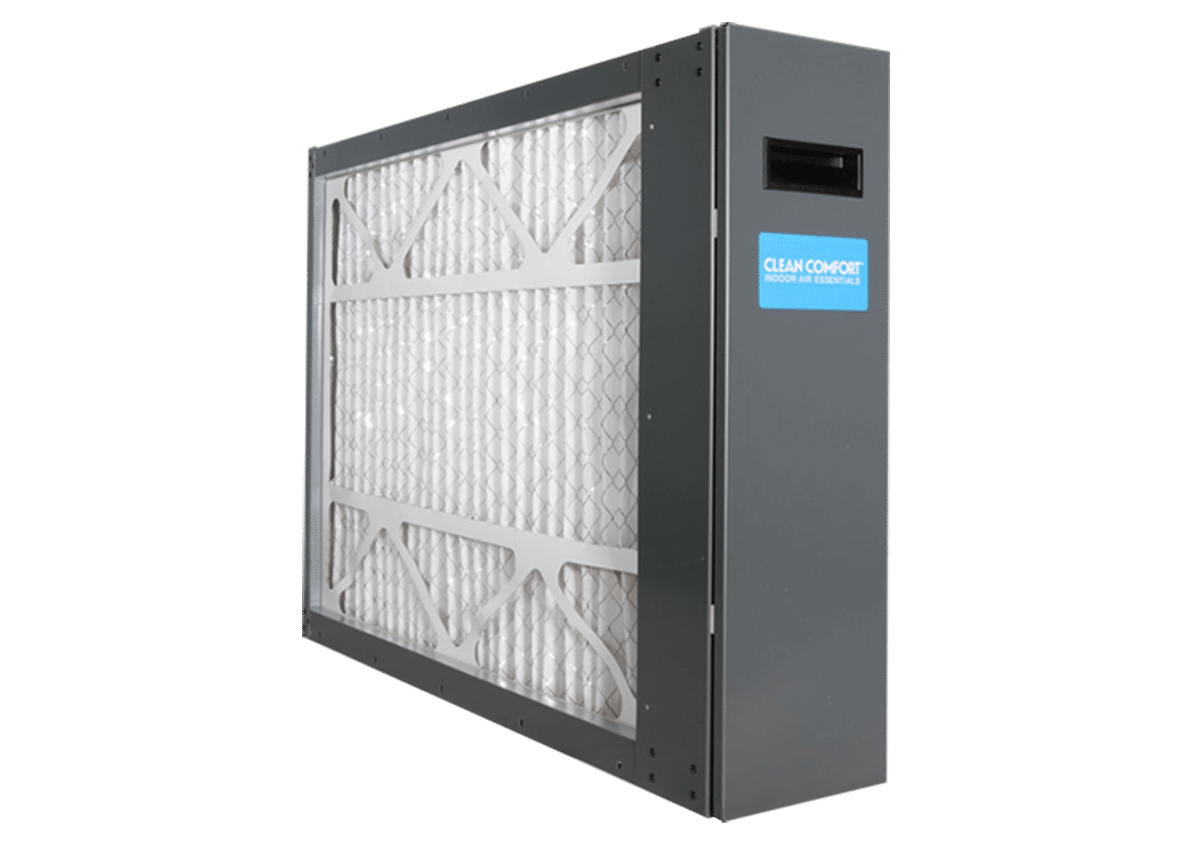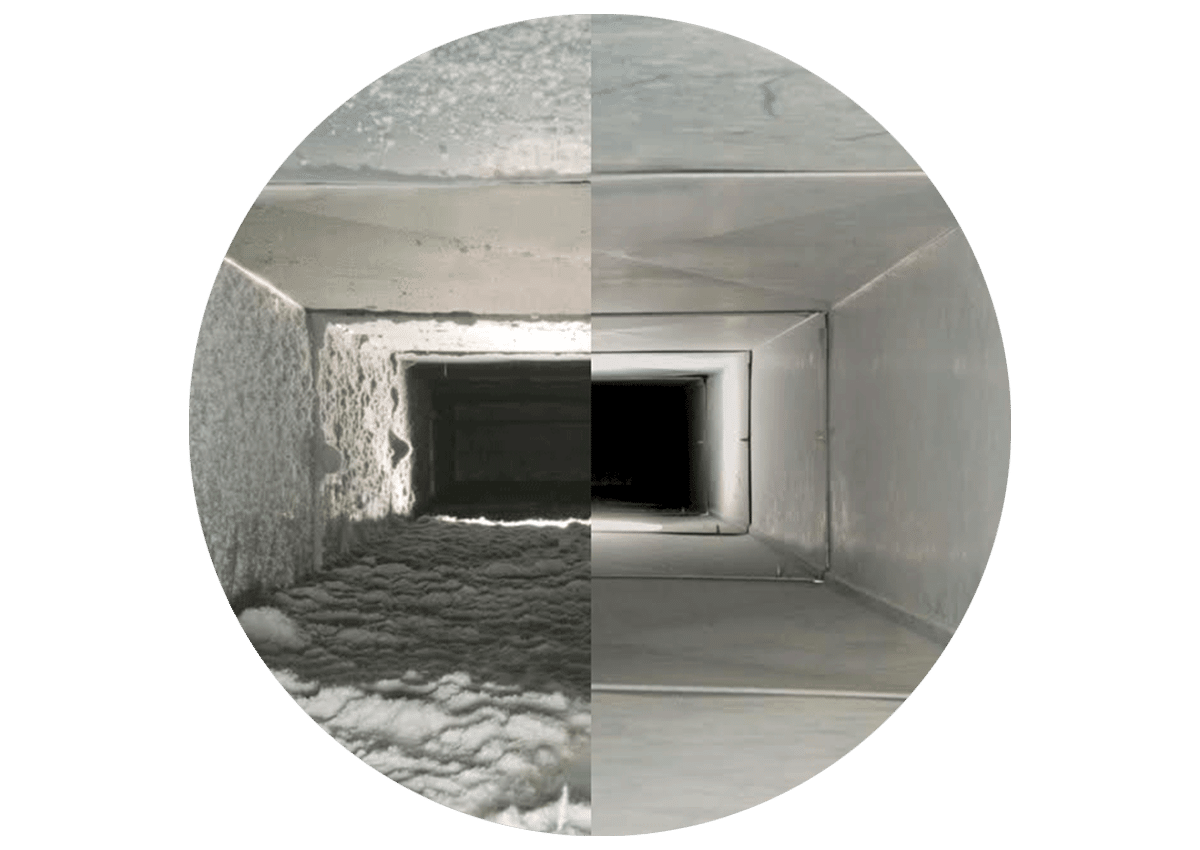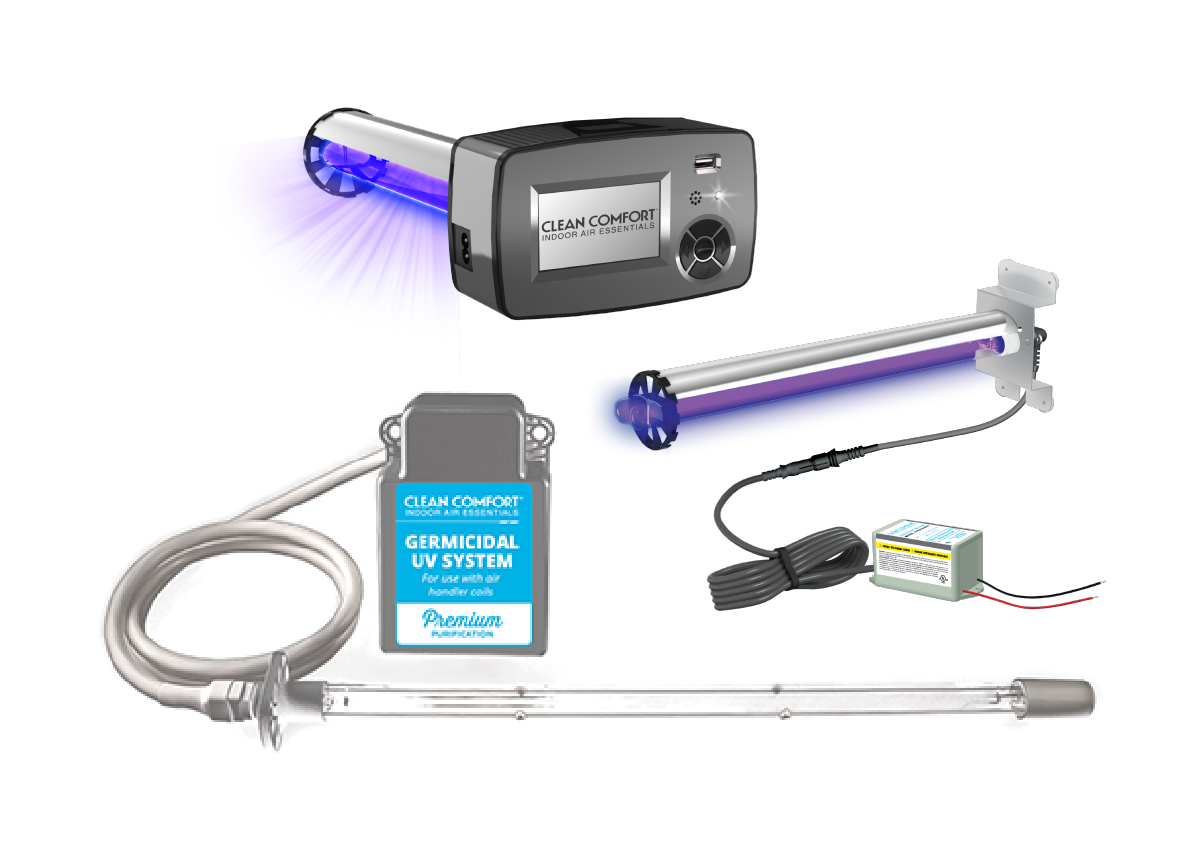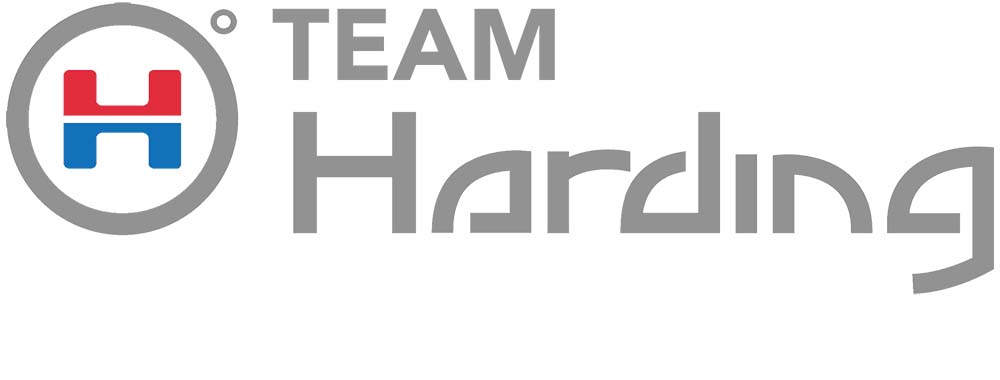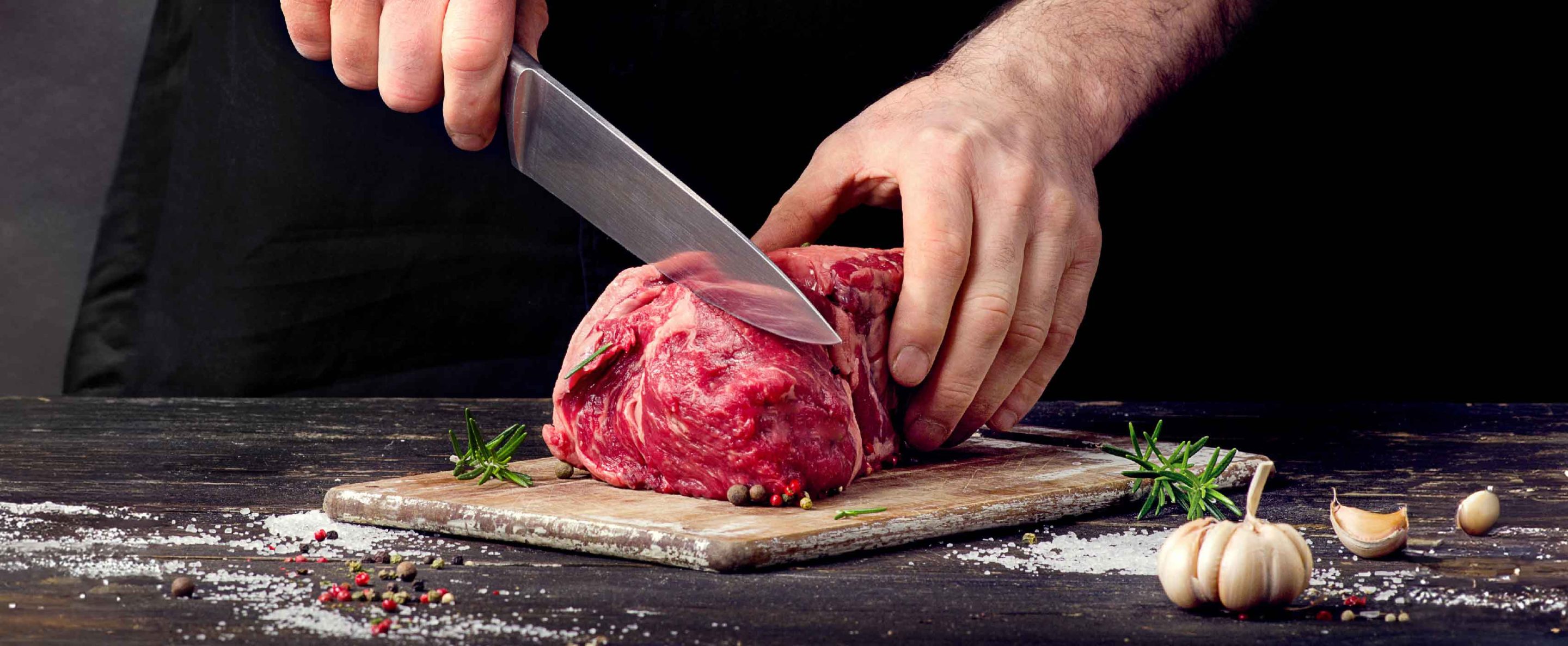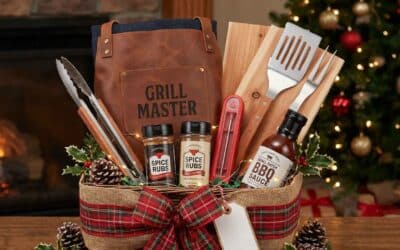When you’re the BBQ chef for friends and family, your end goal is to cook a tender and flavourful meal, but this can be challenging. Success often depends on your preparation and the type of meat you choose, which influences your cooking method – slow and steady or hot and fast.
Collagen-rich meats require slow, low cooking to minimize moisture loss and maximize tenderness. Understanding collagen’s role is key to achieving the perfect melt-in-your-mouth BBQ meal!
What Is Collagen?
Think of collagen as a rope, with three amino acid chains spiraled together. These strands wrap around muscle fibers and groups, forming layers that surround the entire muscle. More active muscles contain more collagen.
When heated, collagen contracts, causing meat to shrink, lose moisture, and become tough. This also changes the meat’s shape during cooking. However, collagen is water-soluble; with moist heat methods like braising, smoking, and slow roasting, it melts and dissolves, improving tenderness.
Benefits of Collagen
Collagen, a protein essential for joint and skin elasticity, blood clotting, and organ protection, is found not only in meat but also in bones, blood, muscles, and skin.
While the body can produce collagen, it needs nutrients from food such as copper (from organ meats, cocoa powder, and lentils), glycine (from gelatin), proline (from egg whites, cabbage, mushrooms, and dairy), vitamin C, and zinc (from red meats, lentils, dairy, and nuts). As we age, our collagen needs increase.
Collagen’s Role in Meat Tenderness
A perfectly cooked brisket melts in your mouth, pulled pork shreds easily, and ribs fall off the bone. The secret? Collagen. These collagen-rich cuts become mouthwatering when cooked properly.
Collagen breaks down into gelatin at around 160°F (71°C) and requires hours of cooking at 200°F (93°C) to 300°F (149°C). Gentle heat melts collagen into gelatin, absorbing moisture and retaining flavour. In soups, stews, or braises, gelatin enhances the broth’s body and flavour.
Older animals have tougher collagen, making the meat less tender. Although even non-collagen-heavy cuts like steak or chicken can become tender with proper cooking.
How to Keep Collagen-Heavy Meats Moist When Cooking
When cooking collagen-heavy meats, it’s crucial to minimize moisture loss. Collagen melts at 160°F (71°C) after extended cooking, so heat the meat slowly and steadily, reaching an internal temperature of 205°F (96°C) for optimal results. Here are some tips:
- Marinate, brine, or dry brine to retain moisture and disrupt collagen strands.
- Mechanically tenderize by slashing, pounding, or aging the meat.
- Sear the outside at high temperatures to build flavour without excessive moisture loss.
- Cook with the fat cap up to self-baste as the fat melts.
- Use slow cooking methods like smoking, slow roasting, or braising for best results.
- Slice against the grain to cut through meat fibers and collagen, making it more tender and easier to chew.
Master The Art of Grilling at Harding The Fireplace
Now that you’re equipped with all the details about collagen, you’re ready to master the grill and create mouth-watering, tender meals! Visit our showroom for all your grilling accessories and discover essential BBQ tools that elevate and simplify your grilling experience.
Visit our showroom at 200 Nipissing Ct., Kanata for all your grilling needs!
Follow us on Instagram and Facebook!
Team Harding is Ottawa’s go-to destination for grills, fireplaces, and outdoor heat options. We’re stocked with the brands you know and love.


